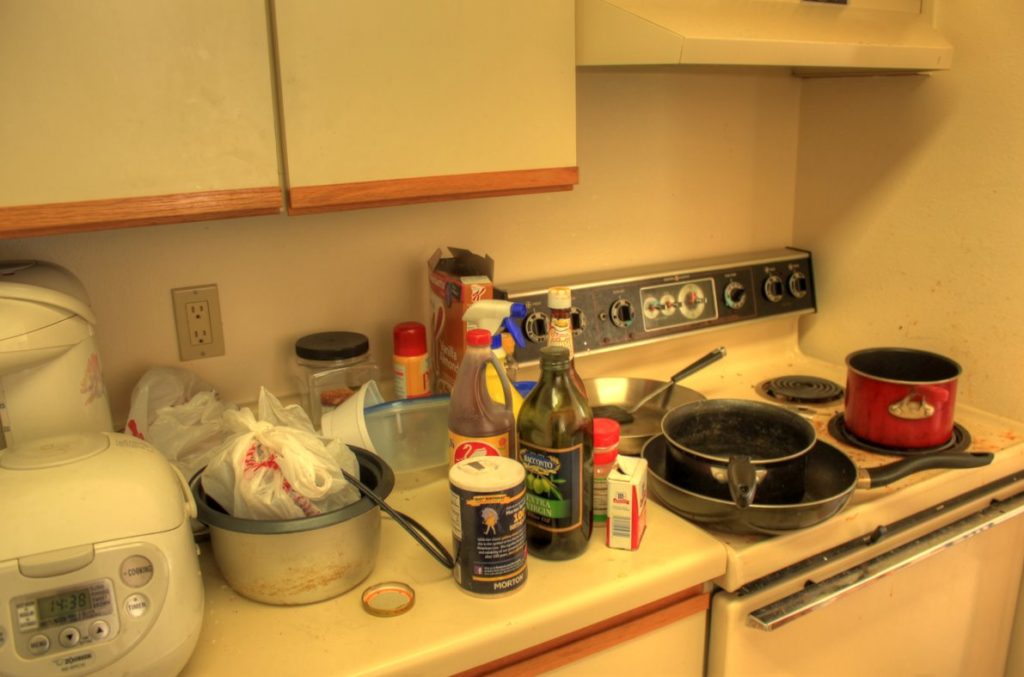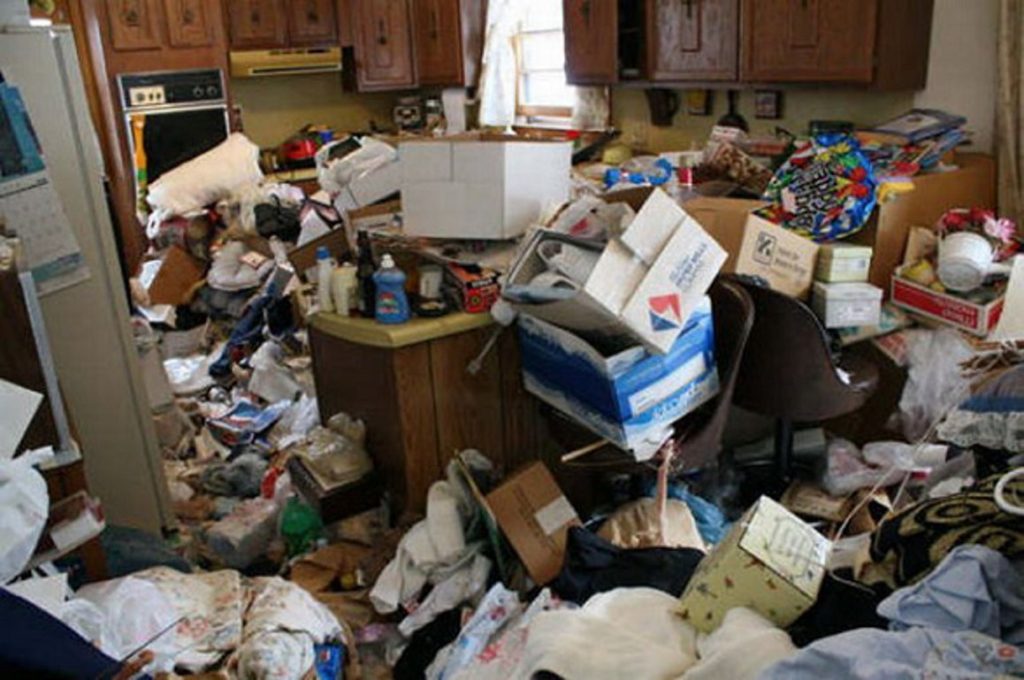This is a complaint I’ve heard often in my career. The project starts out fast and somewhere along the way it seems to take forever to get anything done. Sometimes the slow-down can be extreme. In one case it took over a year to deliver changes to some email templates. Often the actual time taken to do a piece of work far exceeds the initial estimate. Why does this happen? Is it because your engineers are fundamentally lazy? Are you being lied to? Is it something else?
To understand one way this deceleration happens, let’s start with a simple question:
How long does it take to make a peanut butter & jelly sandwich?

When I ask this question in presentations, the audience thinks I’m trying to trick them. “Do I have to bake the bread first? Harvest the peanuts?” It’s not a trick question. Seriously, how long does it take? My completely unscientific guess based on years of making PB&J’s is “about 5 minutes.” Most people are good with an answer in that range so it’s not worth arguing about. If your answer is 2 minutes or 10, it won’t change the point of this post.
So, now we’ve spent 5 minutes making a PB&J and another 5 or 10 enjoying the delicious flavors. Nom. Are we done? If this were a software project, the answer would be “yes” and we’d move on to preparing for the next meal. In our life we realize we need to put away the bread, peanut butter, and jelly. We need to wash our dishes and put them away. If the dishwasher is full we run it. If it’s clean we empty it. All of that takes extra time, but that’s the stuff we often don’t do in software engineering. The next meal is just more important.
This leaves our workspace messy.

Let’s refine the question: How long does it take to make a peanut butter & jelly sandwich in this kitchen? Obviously it will take longer. You’ll either have to spend time cleaning up first or scooching stuff out of the way so you can work. It gets harder to estimate how long the effort will take. You’ll run the risk of contaminating your sandwich with olive oil or spices you didn’t intend which means you may have to start over halfway through the effort.
Now, imagine you defer this cleanup work to the hypothetical “later” as part of your standard operating procedure on your team. Then you end up in this kitchen:

How long would it take you to make a PB&J in this workspace? Imagine you’re not in the room–you’re just asking for a PB&J and the person making for you disappears for a long period of time. It would be exasperating. “What’s taking so long?” It would be worse because you would remember other ties where it only took 5 minutes. Perhaps you’re the manager that bought the double-oven, the cooking island, paid for the installation of all the cabinetry, and installed the large refrigerator. The team has the best tools and they can’t deliver!
At this point in a project engineers will start calling for rewrites. This is usually a mistake. The existing mess doesn’t go away while you’re building a new kitchen. Further, if you don’t change your engineering practices, your new kitchen will end up in the same condition in short order.
Let’s look at a clean workspace?

This is a much smaller kitchen with far fewer amenities than the previous one, bit it’s clean and organized. That takes time and effort but it makes everything else you do in this space faster.
Who’s to Blame?
All of us. Engineers often don’t want to do the cleanup and organizational work because it’s boring. Managers & PM’s don’t want engineers to spend time on it because they’re focused on delivering the next feature. But here’s the thing: code is an asset, but it’s also a liability. It helps you solve problems, but every line of code written creates new ones even if there are no bugs. Every line of code written has to be maintained in perpetuity. This process cannot be cheated. Essentially, we must clean our workspace every time we use it.
What Can We Do?
To Managers: you get what you incentivize for. Learn to see heroic fixes as failures. “Why were heroic efforts required in this case? How can we obviate the need for heroics?” Recognize and reward teams and individuals who work smoothly.
To PM’s: Make the health of your system a top-line metric. Maintain the health of your system before adding new features.
To Engineers: This may sound harsh, but do your job. This is your workspace. You’re the one living with these decisions on a day-to-day basis. Stop treating a cluttered kitchen as normal and learn communicate the importance of all of the work. Stop asking for permission to keep your workspace clean and just include that effort in your estimates! Learn to write effective automated tests–don’t just give up because it’s harder than it looks. Prioritize clean, communicative code over “clever” code. Think about failure modes and design for them.
